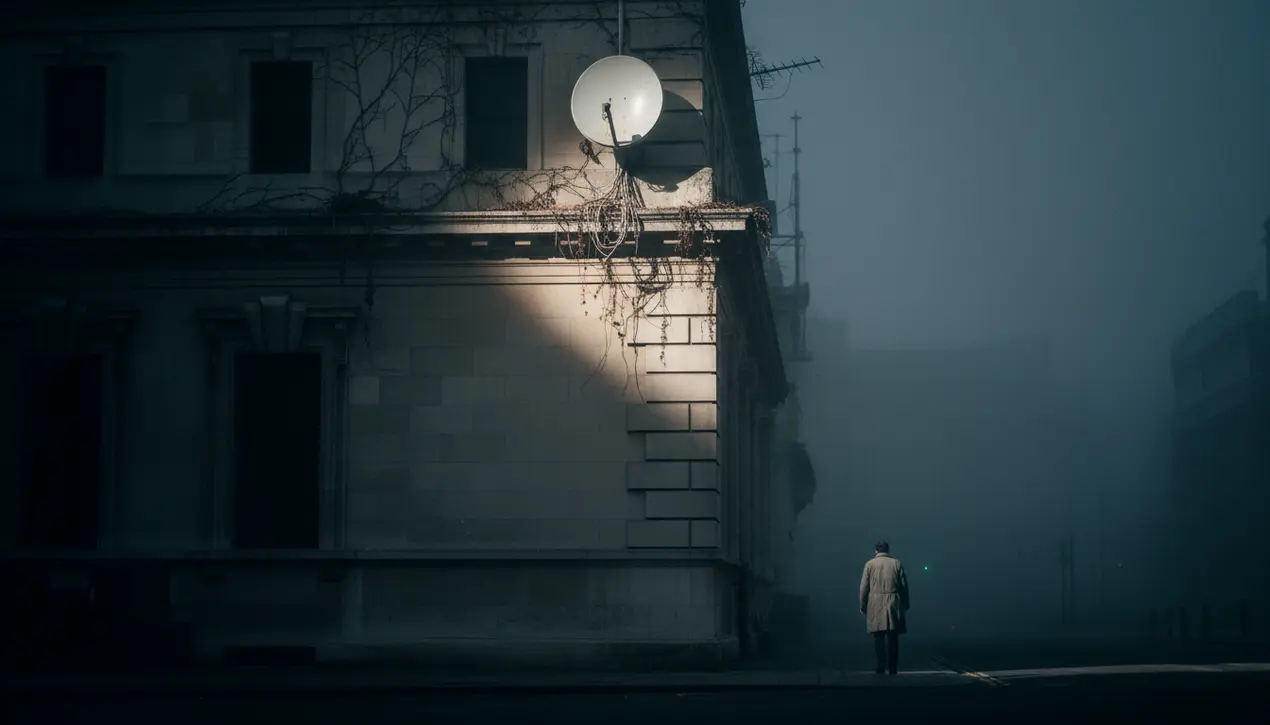
Politicsgovernments & cabinetsScandals and Resignations
BBC's Enduring Crisis of Trust and Direction.
RO
Robert Hayes
1 hour ago7 min read
The British Broadcasting Corporation stands at a precipice, its foundational covenant with the British public fraying under the dual assault of internal missteps and unrelenting external political pressure. This is not merely a bad news cycle; it is a constitutional crisis in slow motion, a battle for the soul of an institution that has long served as a pillar of democratic life, not just in the United Kingdom but as a global exemplar.The current trust deficit echoes historical inflection points for public broadcasters—one might recall the soul-searching that followed the Hutton Inquiry in 2003, which scrutinized the BBC's editorial processes and led to resignations, a moment that exposed the inherent tension between the corporation and the government of the day. Today's challenges, however, feel more existential, compounded by a fragmented media landscape and a ceaseless, ideologically-driven campaign from right-wing outlets and politicians who frame the broadcaster not as a public good but as a partisan actor.The internal stumbles—whether controversies over impartiality in its political coverage, high-profile talent disputes, or the painful adjustments to a digital age that has demolished its traditional funding model—have provided ample ammunition for its critics. Yet, to view these issues in isolation is to miss the broader strategic drift.The BBC's direction is increasingly reactive, caught between appeasing a government that holds its funding purse strings and a younger demographic that consumes media in fundamentally different ways. Expert commentators, like former director-general Mark Thompson, have warned of the 'death by a thousand cuts,' where political and financial pressures gradually erode its capacity for ambitious journalism and programming.The consequence of failure is not simply a diminished broadcaster; it is a more polarized public square, where a trusted, common source of information is replaced by a cacophony of commercial and partisan voices. The BBC's future hinges on a clear-eyed, strategic renaissance—one that rearticulates its public service mission for the 21st century, fortifies its editorial independence with transparent rigor, and, most critically, wins back the belief of a skeptical nation. Without that, it risks becoming a relic, its global reputation and domestic purpose fading into memory, much like other great institutions that failed to adapt to the tectonic shifts of their time.
#editorial picks news
#BBC
#public broadcaster
#right-wing hostility
#leadership crisis
#media trust
#institutional challenges
Stay Informed. Act Smarter.
Get weekly highlights, major headlines, and expert insights — then put your knowledge to work in our live prediction markets.
Comments
Loading comments...
© 2025 Outpoll Service LTD. All rights reserved.